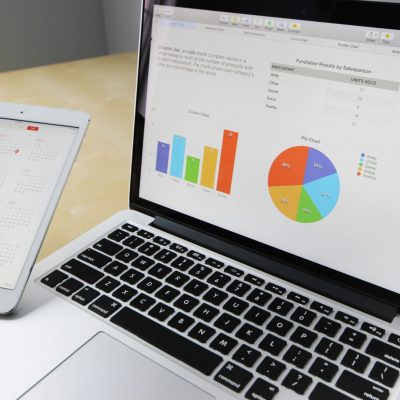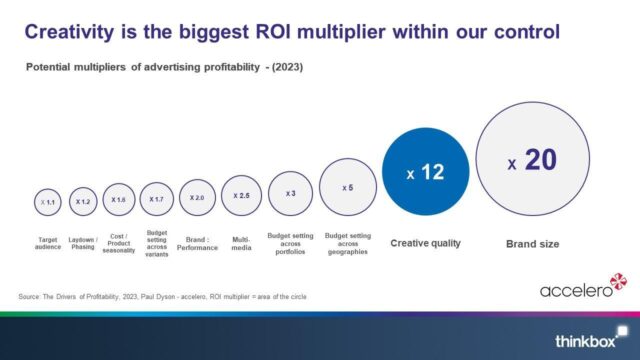As an industry, we contribute to this complexity with evolving dynamics. Agencies are morphing into SaaS and data companies, brands seek consolidated specialisms, partners have inconsistent privacy approaches, and our LinkedIn feeds are flooded with AI hype.
Despite the noise, it’s crucial to remember that the core elements of marketing driving profitable growth for brands haven’t changed in nearly a century. From Neil H. McElroy’s 1931 “Brand Men” memo to Paul Dyson’s 2023 research on profitability drivers, the fundamentals of marketing remain the same; it’s the execution that evolves.
The Enduring Fundamentals of Marketing
The essential levers of marketing—brand size, creative quality, budget setting, media mix, flighting, and target audiences—consistently drive profits for brands. Paul Dyson’s research demonstrates that when executed correctly, these fundamental elements drive profitable growth at varying degrees. And cumulatively, unlock huge potential for incremental profit to be derived from current marketing operations.
The Differentiator of Today: Technology
In leveraging these fundamentals, technology has become the critical differentiator. Machine learning and real-time market insights enable dynamic adjustments to these levers, enhancing sophistication and immediacy.
Balancing the latest technological advancements with proven marketing principles is challenging. For instance, a sophisticated tech stack or CDP is meaningless if it doesn’t connect and activate meaningful creative through media to the right consumers. Success requires every lever to be perfectly tuned and in harmony.
What is Marketing Maturity?
Marketing maturity measures the sophistication and effectiveness of a company’s marketing efforts toward its business goals. It encompasses elements like creative experience, media strategy, consumer intelligence, measurement, data access and use, and technology. As organizations progress through different maturity stages, they move from basic practices to advanced, integrated approaches that drive higher efficiency, effectiveness, and profitability.
The Importance of a Marketing Maturity Assessment
Measuring marketing maturity is not just a luxury; it’s a necessity. It quantifies how well every marketing element is tuned and working in harmony. It helps balance priorities and investments, benchmarks your brand against industry standards, and provides a roadmap to integrate advancements seamlessly into daily operations internally and externally with partners.
Although marketing maturity assessments are not a new concept, many businesses still find them daunting due to the significant time and cost investment required to action recommendations. They often demand changes in processes, culture, and operational structures. However, an assessment of where you are today to inform your path forward is the only way to navigate the noise and complexity, and unlock incremental profit.
A Strategic Approach to Marketing Maturity
Advancing marketing maturity requires a strategic approach. It’s about understanding the balance between every marketing element and ensuring every lever is perfectly tuned. At Incubeta, we have developed a Marketing Profitability Assessment to make navigating your brand’s advancement easy.
The assessment evaluates your brand’s marketing capabilities across six key elements: Creative Experience, Media Strategy, Consumer Intelligence, Effective Measurement, Data Access, and Technology. As an outcome, you will understand:
- Your brands current maturity score versus industry benchmarks
- A profit estimate of what marketing advancement could do to your bottom line
- Recommended quick wins and long-term strategies to advance your marketing
In today’s dynamic environment, measuring and optimizing marketing maturity is essential for business growth. While the summit is our goal, the journey is what matters most.
Ready to understand your current position and uncover potential incremental profits? Complete the assessment and receive your score today.




